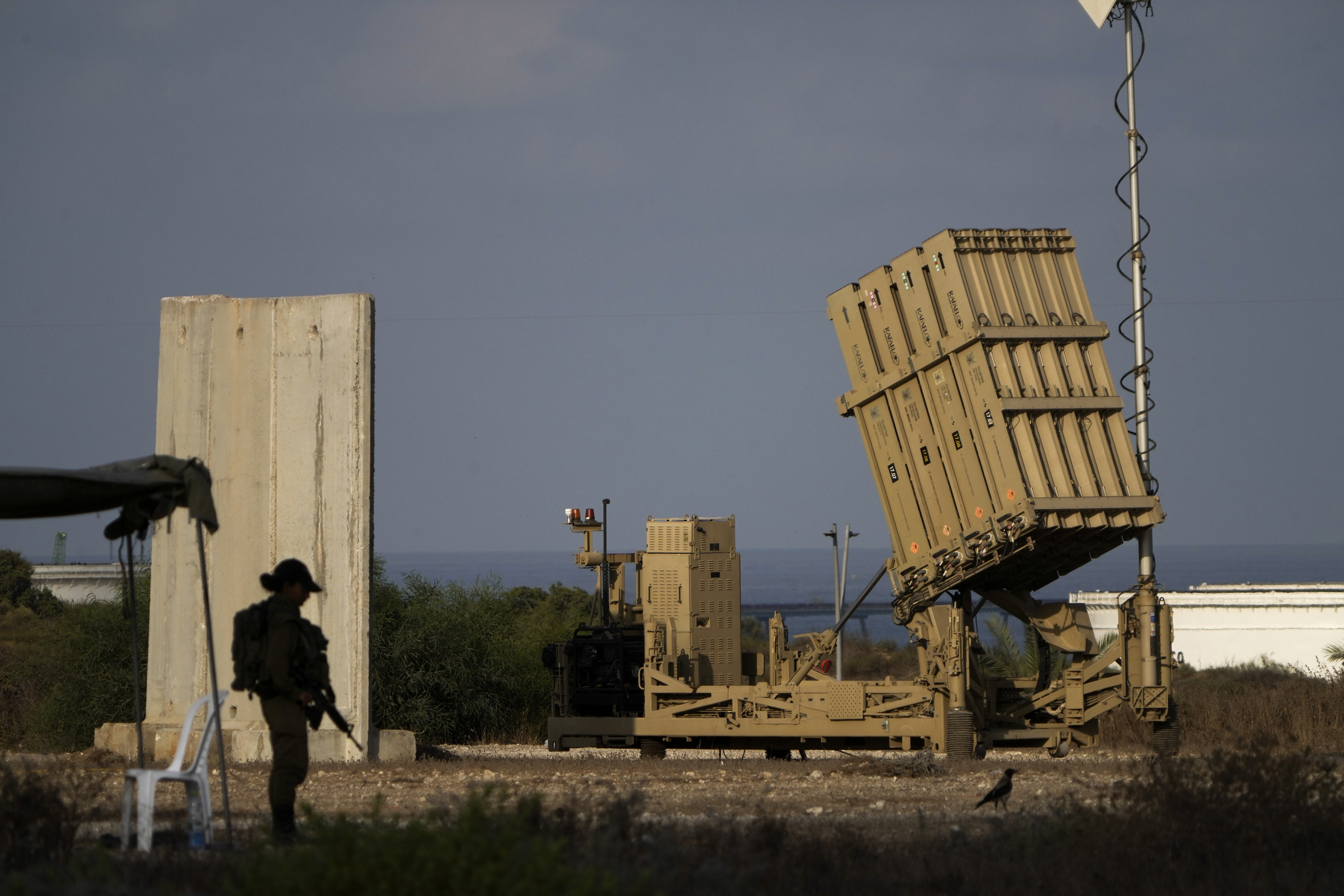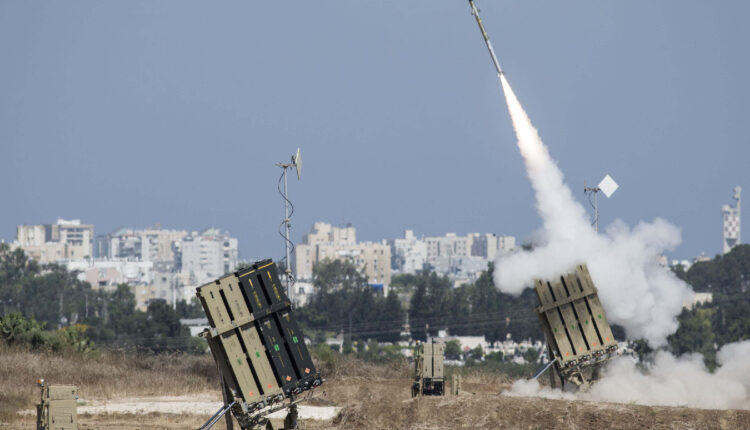Greece to Develop “Iron Dome” System. Concerned Over Turkish Rocket, Drone Capabilities?
Amid concerns over the possibility of rocket and drone attacks from neighboring Turkey and other potential adversary, the Greek government plans to develop an air defense system akin to Israel's "Iron Dome."
(DEFENCE SECURITY ASIA) — Amid concerns over the possibility of rocket and drone attacks from neighboring Turkey and other potential adversary, the Greek government plans to develop an air defense system akin to Israel’s “Iron Dome.”
This initiative was recently announced by Greek Defense Minister Nikos Dendias.
Drawing inspiration from the conflicts in Israel-Palestine and Ukraine, Dendias noted the necessity for Greece to possess a modern air defense system capable of shielding its airspace from threats, particularly aircraft and drones.
Despite Ukraine’s requests for the “Iron Dome” system, Israel has refrained from providing it in order to maintain good relations with Russia.
Greece highly regards the capabilities of the “Iron Dome” system, which it claimed has successfully countered rocket and drone attacks launched by Palestinian militants and Hezbollah.

“The country must protect itself, taking into account recent conflicts, there is a need to develop an anti-aircraft and anti-drone defense system,” stated Dendias.
The defense industry in Turkey, recognized as a leader in drone development with combat-proven drones such as the Bayraktar TB2 and Anka, as well as kamikaze drones, has evidently raised concerns for Greece, which is now earnestly striving to develop its own air defense system to counter these threats.
In addition to drones, Turkey’s defense industry has also developed various types of rockets and short-range ballistic missiles, notably the “Tayfun.”
The test launch of the “Tayfun” in October 2022, capable of striking targets up to 560 kilometers away, caused concern among Greek military analysts and media.
The “Iron Dome,” operational since 2011, developed by Israel’s Rafael defense company, is capable of intercepting aerial targets within a range of 4 to 70 kilometers.


Each battery of the system consists of three components: a radar to detect incoming enemy rockets, the “Tamir” interceptor missiles that shoot down these rockets, and a command and control system described as the “brain” of the operation, which relays information from the radar to the interceptors.
The Israeli military claims the “Iron Dome” has been highly effective, intercepting 90 percent of rockets launched at major Israeli cities since its introduction.
However, it is not a cheap system to operate, with each “Tamir” interceptor estimated to cost US$50,000.
Due to the high operational costs, the Israeli government has sought financial support from the United States for the development of the “Iron Dome.”
Reports from the U.S. Congress indicate that the country has spent US$3 billion on the development of the Iron Dome batteries, interceptors, joint production costs, and maintenance. — DSA


